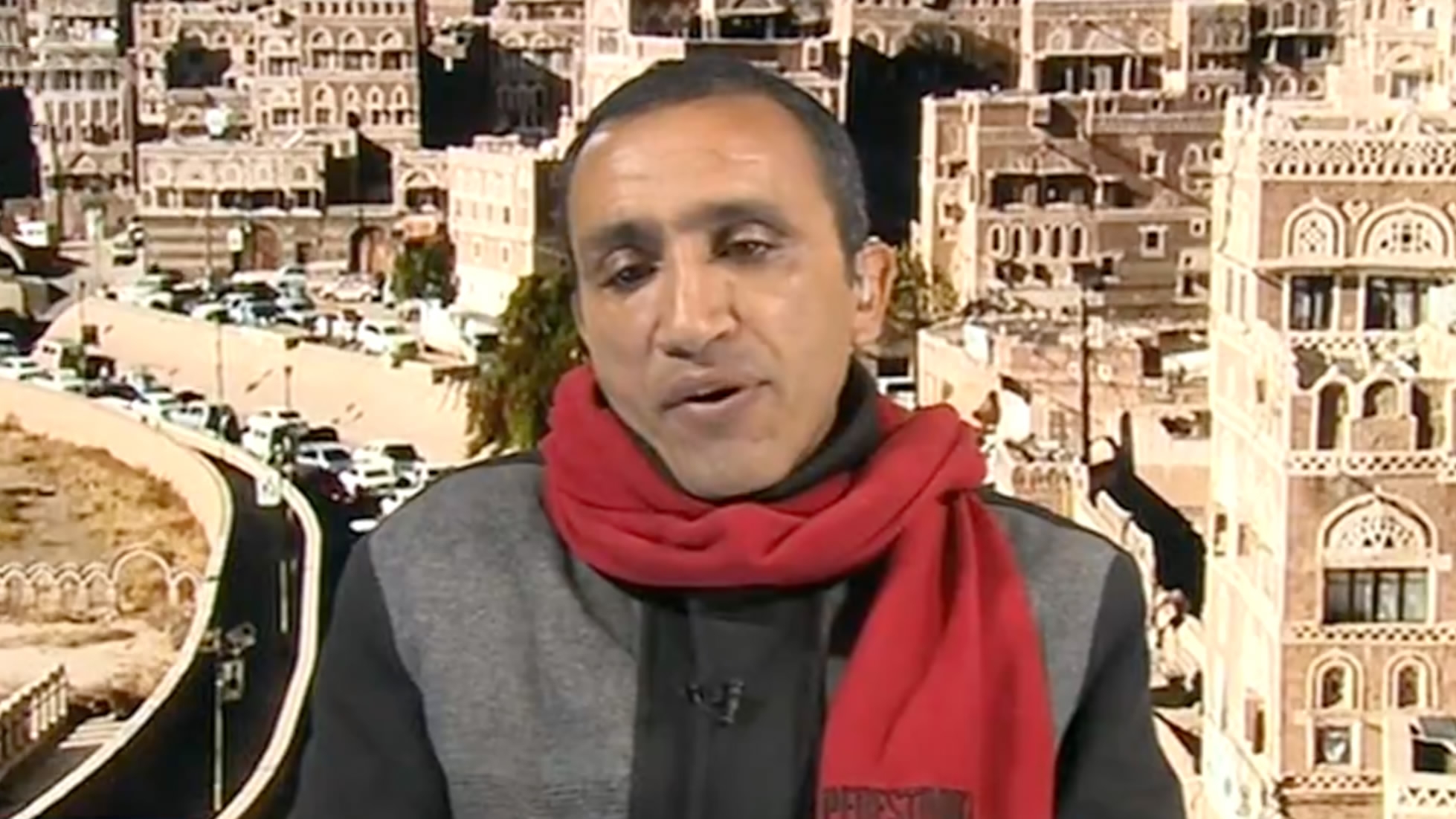
World
13:44, 11-Dec-2017
Yemen negotiations at ‘sticking point’ following Saleh death
CGTN

By CGTN's The Point
“There has to be pressure exercised on the Saudi-led coalition to agree to talk with the Houthis,” Joost Hiltermann, director for the Middle East and North African program at the International Crisis Group, told CGTN’s The Point.
“Hope to defeat the Houthis is just going to lead to prolonged conflict, and of course, we know who are the victims; the Yemeni people.”
His comments come following the death of Yemen’s former president, Ali Abdullah Saleh, who was killed in Sana’a on December 4 by the rebel Shia-backed Houthi group.
The assassination happened two days after Saleh switched sides from the Houthis to the Saudi-led coalition that backs Yemen’s current President Abdrabbuh Mansour Hadi, on condition Riyadh halt its attacks on Yemen and end its crippling blockade.

“The path that is being chosen is to step up violence in an effort to defeat the Houthis, but the Houthis have just shown how strong they are militarily,” Hiltermann said.
Nasser Arrabyee, a Sana’a-based journalist and filmmaker, pointed out that Yemen is now at a crossroads following Saleh’s death.
“The first is for the Houthis to negotiate involving Sana’a where there’s now just one leader and one negotiator,” he said, adding that the second choice for Yemen is to make the domestic situation “worse and worse.”
Hiltermann insisted that it would be easier for the Houthis to negotiate, as they no longer have to deal with Saleh, with whom they never got along with in the first place.
Arrabyee argued that the assassination was a shock to the Saudi-lead coalition and even worse than the divorce between Saleh and the Houthis, since Riyadh has no plans for the next move.

He added that nobody can deny what happened was in the interest of Iran but a big failure for Saudi Arabia and the UAE in particular.
“In this case, what it would take is for Saudi Arabia to sit down with the Houthis as they had in the past and work out an arrangement that is inclusive to Sana’a in terms of governing the country and other parties, ” Hiltermann said.
Hiltermann also noted that mediation efforts with countries such as Oman or Kuwait in particular to find a venue acceptable to both sides would be helpful, as would sitting across the table and hammering out a deal.
The Point with Liu Xin is a 30-minute current affairs program on CGTN. It airs weekdays at 9.30 p.m. BJT (1330GMT), with rebroadcasts at 5.30 a.m. (2130GMT) and 10.30 a.m. (0230GMT).
7434km

SITEMAP
Copyright © 2018 CGTN. Beijing ICP prepared NO.16065310-3
Copyright © 2018 CGTN. Beijing ICP prepared NO.16065310-3